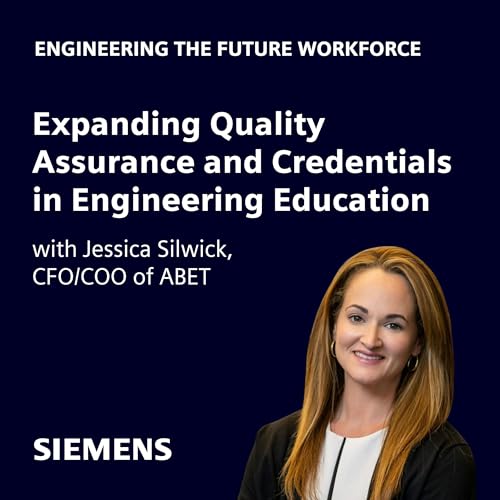What if your classroom project involved designing a Formula 1-style car to compete in an international race? In this episode of Innovation in the Classroom, Shannon O'Donnell dives into the thrilling world of Formula SAE, where innovative engineering students push the boundaries of design, performance, and teamwork. Join me as I chat with Hong Wee Lim, the Project Supervisor for the National University of Singapore's (NUS) Formula SAE team. Every year, his team designs, builds, and races Formula 1-style cars, preparing to compete on the global stage at Michigan's Formula SAE (FSAE) student engineering competition. But behind the thrill of competition lies a relentless cycle of sleepless nights, technical failures, and fierce deadlines as these students face the daunting challenge of turning their designs into race-ready machines. Hong Wee offers a unique glimpse into how the NUS team transforms classroom theories into high-speed reality. From his journey as a mechanical engineer to managing a group of passionate students, Hong Wee Lim shares the highs and lows of leading a project that combines intense technical learning, innovative problem-solving, and the adrenaline rush of motorsports. In This Episode, You Will Learn: What is Formula SAE, and how do students compete internationally (10:00) How do students benefit after they graduate from participating in FSAE? (14:45) The roles of AI, machine learning, and additive manufacturing in FSAE (21:00) How students enhance their people and leadership skills (22:44) How students adopt an innovative mindset (25:15) The application of Siemens software in FSAE (38:10) Connect with Shannon O'Donnell Linkedin Hong Wee Lim Website LinkedIn As mentioned in the podcast NUS Formula SAE NUS Engineering Design and Innovation Centre
続きを読む
一部表示
 38 分
38 分 40 分
40 分 2025/06/1829 分
2025/06/1829 分 52 分
52 分 44 分
44 分 37 分
37 分 47 分
47 分 40 分
40 分
